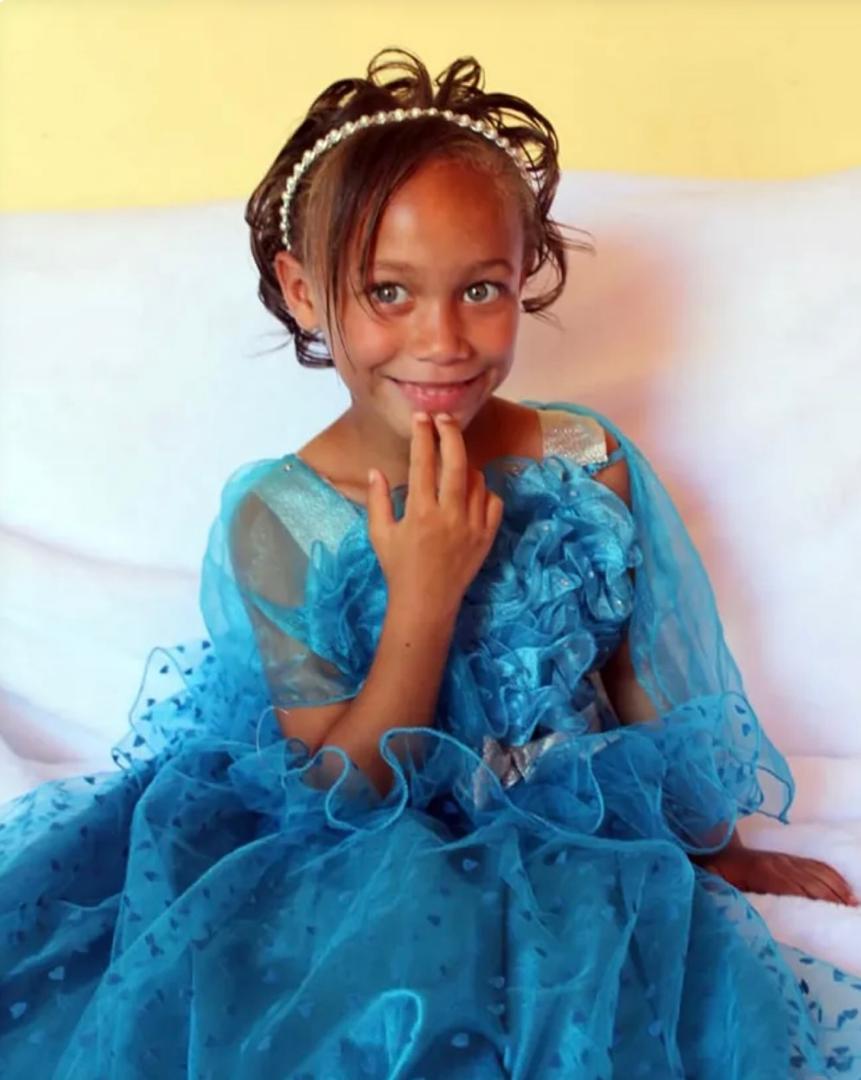BEIJING – Violence spilled over from Tibet into neighbouring provinces yesterday as Tibetans defied a Chinese government crackdown and the Dalai Lama warned that the area faced “cultural genocide” and appealed to the world for help.
Supporters of the Dalai Lama said 80 people had been killed during the protests in the Tibetan capital, Lhasa, and at least another 72 injured. It was the latest negative publicity for China ahead of the Beijing Olympics in August.Protests were reported in Sichuan, Qinghai and Gansu provinces.All are home to Tibetan populations.The demonstrations came after five days of protests in Lhasa escalated into violence on Friday, with Buddhist monks and others torching police cars and shops in the fiercest challenge to Beijing’s rule over the region in nearly two decades.”Whether intentionally or unintentionally, some kind of cultural genocide is taking place,” the Dalai Lama said, referring to China’s policy of encouraging the ethnic Han majority to migrate to the region, as well as restrictions on Buddhist temples and re-education programs for monks.He told reporters in Dharmsala, the north Indian town where Tibet’s self-declared government-in-exile is based, that an international body should investigate the government’s crackdown on the protests in Lhasa.Thubten Samphel, a spokesman for the Dalai Lama’s government, said multiple witnesses inside Tibet had counted at least 80 corpses since the violence broke out on Friday.He did not know how many of the bodies were protesters.The official Xinhua News Agency has said at least 10 civilians were burned to death Friday.The figures could not be independently verified because China restricts foreign media access to Tibet.Large communities of ethnic Tibetans live far outside modern Tibet in areas that were the Himalayan region’s eastern and northeastern provinces of Amdo and Kham until the communist takeover in 1951.Those areas were later split off by Beijing to become the Chinese province of Qinghai and part of Sichuan province.The violence on Friday erupted just two weeks before China’s Olympic celebrations kick off with the start of the torch relay, which will pass through Tibet.China’s communist government hopes Beijing’s hosting of the Aug.8-24 Olympics will boost its popularity at home and its image abroad.But the event has already attracted the scrutiny of China’s human rights record and its pollution problems.International criticism of the crackdown in Tibet has so far been mild, with no threats of an Olympic boycott or other sanctions.United States Secretary of State Condoleezza Rice called on China “to exercise restraint in dealing with the protests.”Nampa-APIt was the latest negative publicity for China ahead of the Beijing Olympics in August.Protests were reported in Sichuan, Qinghai and Gansu provinces.All are home to Tibetan populations.The demonstrations came after five days of protests in Lhasa escalated into violence on Friday, with Buddhist monks and others torching police cars and shops in the fiercest challenge to Beijing’s rule over the region in nearly two decades.”Whether intentionally or unintentionally, some kind of cultural genocide is taking place,” the Dalai Lama said, referring to China’s policy of encouraging the ethnic Han majority to migrate to the region, as well as restrictions on Buddhist temples and re-education programs for monks.He told reporters in Dharmsala, the north Indian town where Tibet’s self-declared government-in-exile is based, that an international body should investigate the government’s crackdown on the protests in Lhasa.Thubten Samphel, a spokesman for the Dalai Lama’s government, said multiple witnesses inside Tibet had counted at least 80 corpses since the violence broke out on Friday.He did not know how many of the bodies were protesters.The official Xinhua News Agency has said at least 10 civilians were burned to death Friday.The figures could not be independently verified because China restricts foreign media access to Tibet.Large communities of ethnic Tibetans live far outside modern Tibet in areas that were the Himalayan region’s eastern and northeastern provinces of Amdo and Kham until the communist takeover in 1951.Those areas were later split off by Beijing to become the Chinese province of Qinghai and part of Sichuan province.The violence on Friday erupted just two weeks before China’s Olympic celebrations kick off with the start of the torch relay, which will pass through Tibet.China’s communist government hopes Beijing’s hosting of the Aug.8-24 Olympics will boost its popularity at home and its image abroad.But the event has already attracted the scrutiny of China’s human rights record and its pollution problems.International criticism of the crackdown in Tibet has so far been mild, with no threats of an Olympic boycott or other sanctions.United States Secretary of State Condoleezza Rice called on China “to exercise restraint in dealing with the protests.”Nampa-AP
Stay informed with The Namibian – your source for credible journalism. Get in-depth reporting and opinions for
only N$85 a month. Invest in journalism, invest in democracy –
Subscribe Now!










